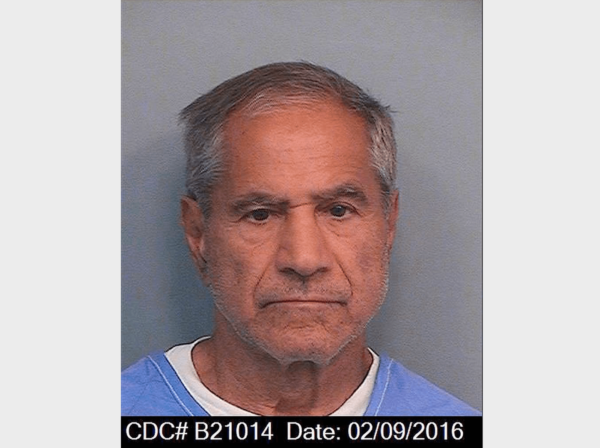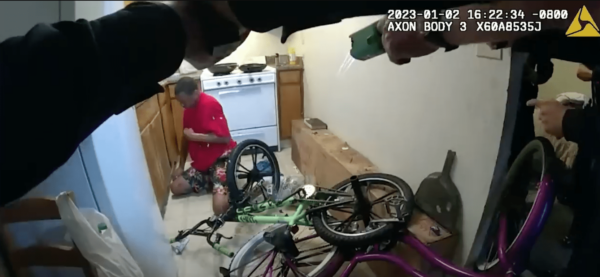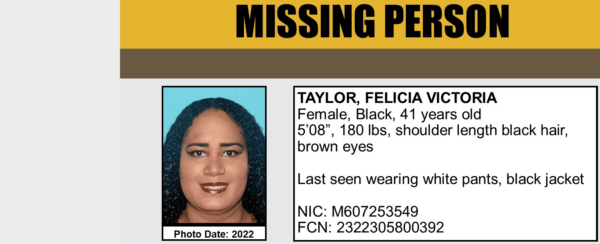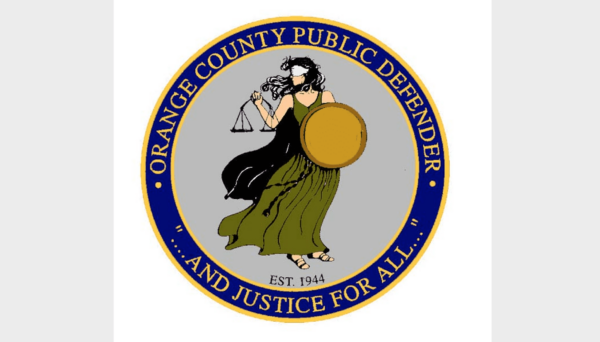A framework for permitting cannabis retail businesses throughout Riverside has been approved by the City Council, but the regulatory apparatus still awaits voter approval of proposed tax measures associated with the permitting process.
“The long overdue decision to overturn the ban on cannabis retail was the result of a multi-year effort that included intensive community and stakeholder input,” Councilman Ronaldo Fierro said. “This is the first step in a pragmatic and sensible policy process that is centered around providing benefit and opportunity for all Riverside residents.”
Tuesday night’s 5-2 vote in favor of the Cannabis Business Ordinance followed multiple public hearings and approval of the proposal by the Riverside Planning Commission on Jan. 19.
Councilmen Chuck Conder and Jim Perry opposed the measure.
Under the framework, a maximum 14 permits for storefront marijuana businesses will be allotted. The ordinance, however, provides for a potentially unlimited number of cannabis manufacturing and distribution facilities, as well as testing laboratories, to be established citywide.
Labs have been permitted since 2017. However, Riverside spearheaded a civil action that in 2013 culminated in a California Supreme Court ruling upholding the city’s outright ban on marijuana establishments.
“Development of the (new) program, including a ballot measure, is expected to cost about $385,000,” according to a city statement. “Annual business taxes are projected to be $1 million to $1.5 million, and sales taxes are conservatively expected to yield $250,000 to $500,000 per year.”
“Permit holders would have to be at least 1,000 feet from public, private and charter K-12 schools, and at least 600 feet from licensed daycare facilities and community centers,” the city stated.
The city was among the last holdouts in Riverside County with prohibitions on cannabis outlets. Most municipalities countywide, as well as the county itself, have had marijuana permitting ordinances in place for the last few years, following voter approval of Proposition 64, The Adult Use of Marijuana Act, in November 2016.
“With a little over 18 months until the November 2024 ballot, we have the time we need to create a program that is socially equitable and ensures voters are informed about what the tax measure will do,” Councilwoman Clarissa Cervantes said.
Voters will decide the specifics of tax requirements tied to the permitting process.
Cannabis microbusinesses, or small-scale operators without formal storefront operations, will be prohibited under the municipal ordinance, as well as delivery-only operators.
The council has yet to adopt definitive criteria specifying qualifications that each applicant must possess before vetting of their proposals can be initiated.
According to the ordinance, permit holders will be required to provide financial audits, pass background checks, maintain inventory control standards and be willing to demonstrate how they can provide community benefits, which at the county level requires making additional payments for emergency and other services, along with improving infrastructure in the immediate vicinity of their operations.
Full-time security measures will also be required, with coordination between operators and the police department to ensure all vulnerabilities are addressed before outlets open their doors, officials said.







